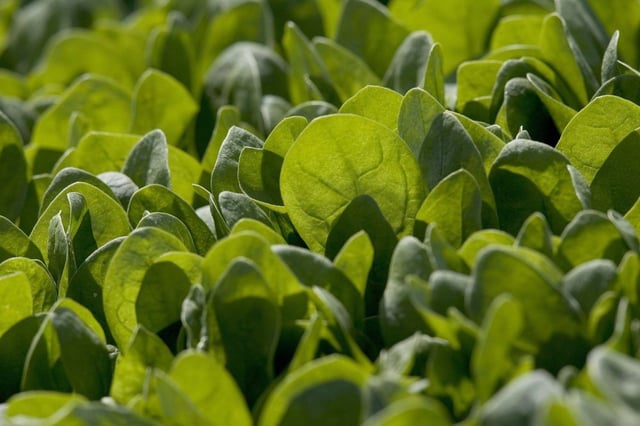Overview
- The 2000 Walkerton E. coli outbreak, caused by manure-tainted water, led to seven deaths and 2,300 illnesses, exposing systemic failures in water safety management.
- A public inquiry by Justice Dennis O’Connor resulted in sweeping reforms, including Ontario's Safe Drinking Water Act and Clean Water Act, which strengthened municipal water safety protocols.
- The 2025 Ontario auditor general’s report highlights inadequate testing and monitoring in non-municipal systems, with 35% of private well samples showing bacterial contamination between 2003 and 2022.
- Advocacy groups are urging the provincial government to implement the auditor general’s recommendations transparently and improve oversight for rural and private water systems.
- Survivors of the Walkerton outbreak continue to face long-term health effects, and the tragedy remains a pivotal moment in Canada’s approach to water safety.
